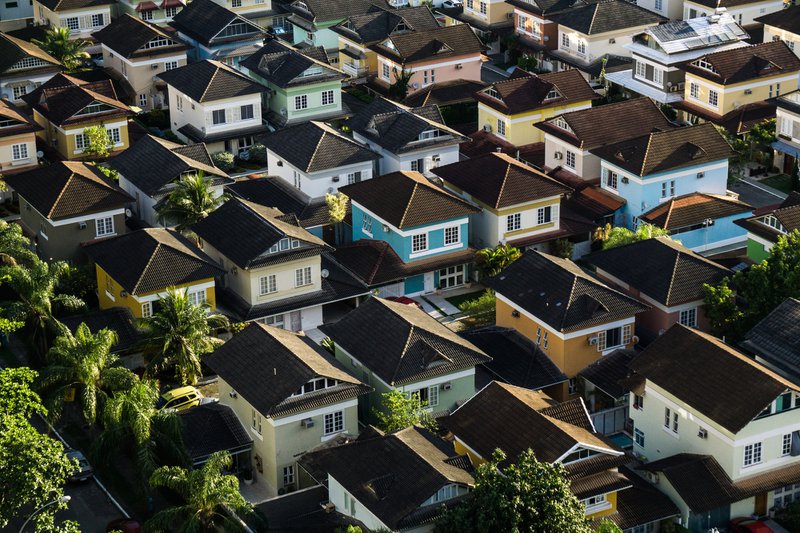Dubai real estate is a booming industry in the international stage. A number of properties have been sold and bought here and there. But with all these increasing numbers, one question surfaces. Whose responsibility is it to take care of and maintain the properties?
A Landlord’s Responsibilities
If you find yourself staying in a rundown property with very poor maintenance, then it is time you say something about it your landlord. They are the ones who need to handle any concerns from the tenants, as well as, address their needs. It is also their responsibility to make sure that the residence is well taken cared of.
However, are you finding all your complaints falling into deaf ears? Are you noticing that clauses in your tenancy contract are being changed or are not followed? Then it is time you need to know what you can do about this. As a tenant, you also have your rights and it is just right for you to exercise this.
The Dubai Real Estate Tenancy Laws
The market for Dubai rental is governed predominantly by the two laws, which must always be read alongside one another. To better understand this, we will refer to the Tenancy Law as the combination of the following two laws: Law No. 26 of 2007 and Law No. 33 of 2008.

Residences located in Dubai should have their tenancy contract subjected to the applicable laws of Dubai in the UAE.
This is in pursuant to the Law No. 26 of 2007 which governs the tenancy relations in Dubai. The law regulates the relationship between landlords and tenants in the Emirate, as amended by Law No. 33 of 2008 (the 'Tenancy Law'). Both laws address everything from eviction to landlord and tenant obligations and rent disputes.
Tenants Rights
Provision of Basic Services
As highlighted earlier, it is a landlord’s obligation to handle the maintenance of the property and to rectify or correct any defects or faults. Anything that negatively impacts the tenant’s targeted benefit or desired usage of the premises should be set right. Unless it is agreed otherwise, all of these should be exercised by the landlords. This is in conformity with Article 16 of the “Tenancy Law.”
Since the maximum target benefit is the tenant’s goal here, the landlord should also seek to provide for the tenants. This means that the landlord must arrange for maintenance to ensure the attainment of these target benefits. For example, air conditioning may not be specifically mentioned as part of the basic services offered, it will help accomplish the tenant’s target benefit.
Revision of the Terms of Agreements
When it comes to the tenancy contract, you should know that it is executed on a fixed term. This means that it cannot be amended one-sidedly before the contract expires. With this alone, you are assured that your landlord is not given the privilege to change anything in the contract. He is not given the privilege to do as he pleases just because he is the landlord.
If any amendments are to be done, either party must notify the other 90 days prior to the expiry of the contract. Any amendments to the tenancy contract can only take effect upon its termination or expiry. At this point, the rent for the property may be reviewed. Any disagreement may be settled through the Dubai Rental Disputes Settlement Centre for the fair rent of the property.
Legal Options for Tenants
If the amended tenancy contract is not acceptable to you as a tenant, you can negotiate it first to your landlord. If this fails, you may seek the assistance of the Dubai Rental Disputes Settlement Centre for resolution of disputes regarding contract clauses.
If your landlord fails to follow the requirements for serving notice, no new terms shall be introduced within the tenancy contract.
Your landlord is not permitted to evict from the property indiscriminately. It only applies to specific circumstances, which are stated under Article 25 of Tenancy Law.
Conclusion
If you’re in need of real estate acquisition in Dubai, don’t hesitate to approach our expert's team to help you in acquiring a property in this Emirate.




